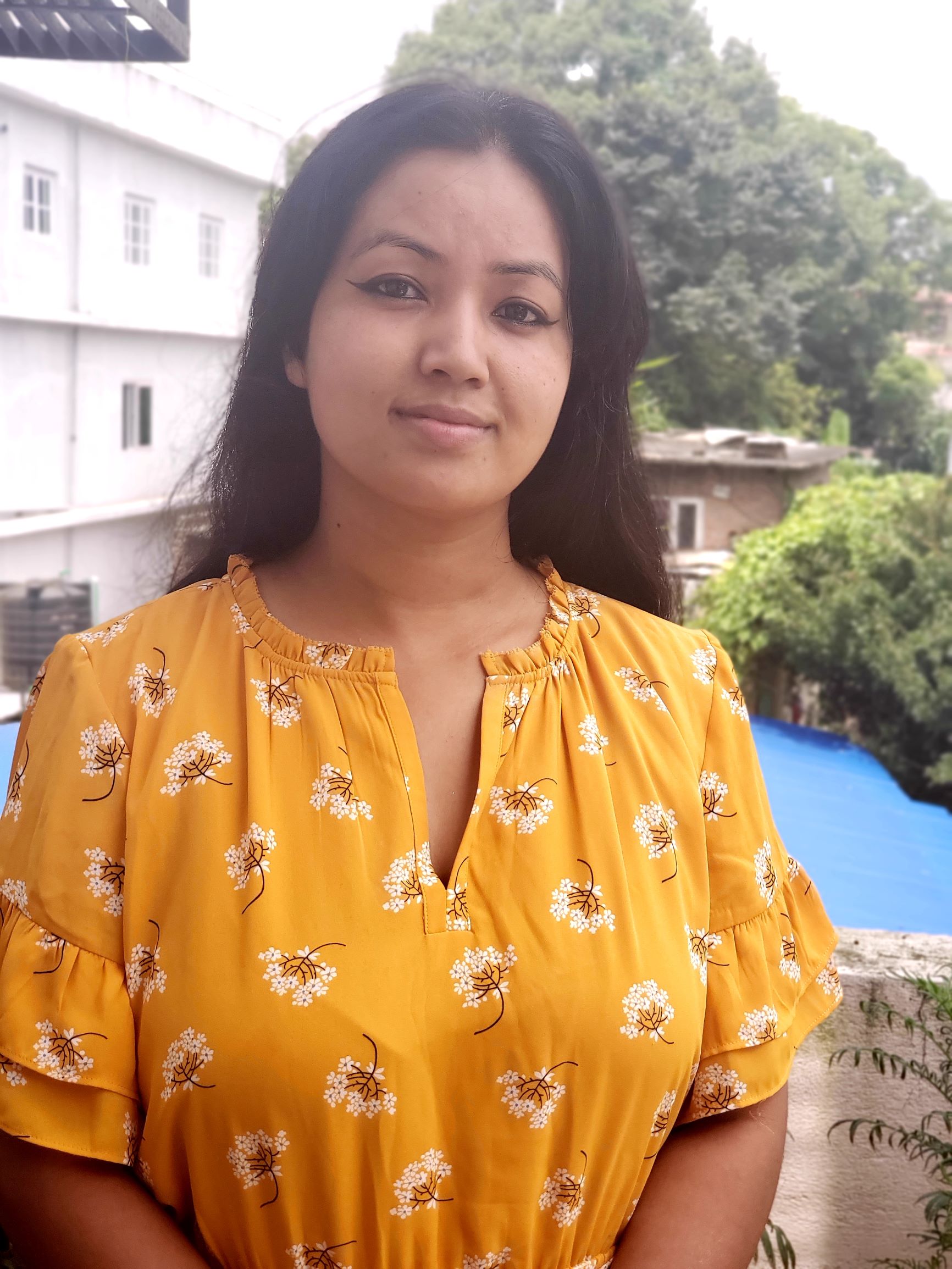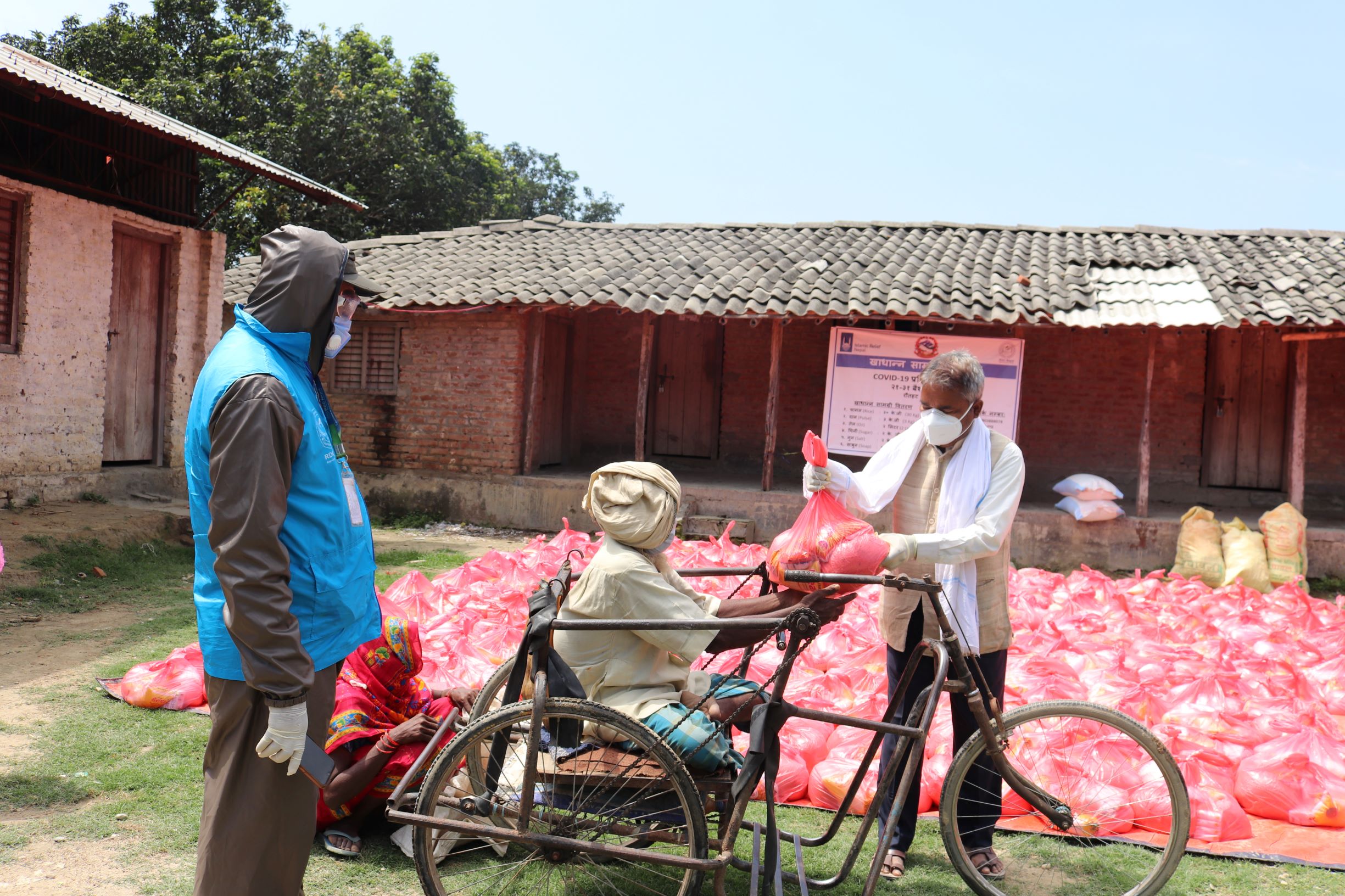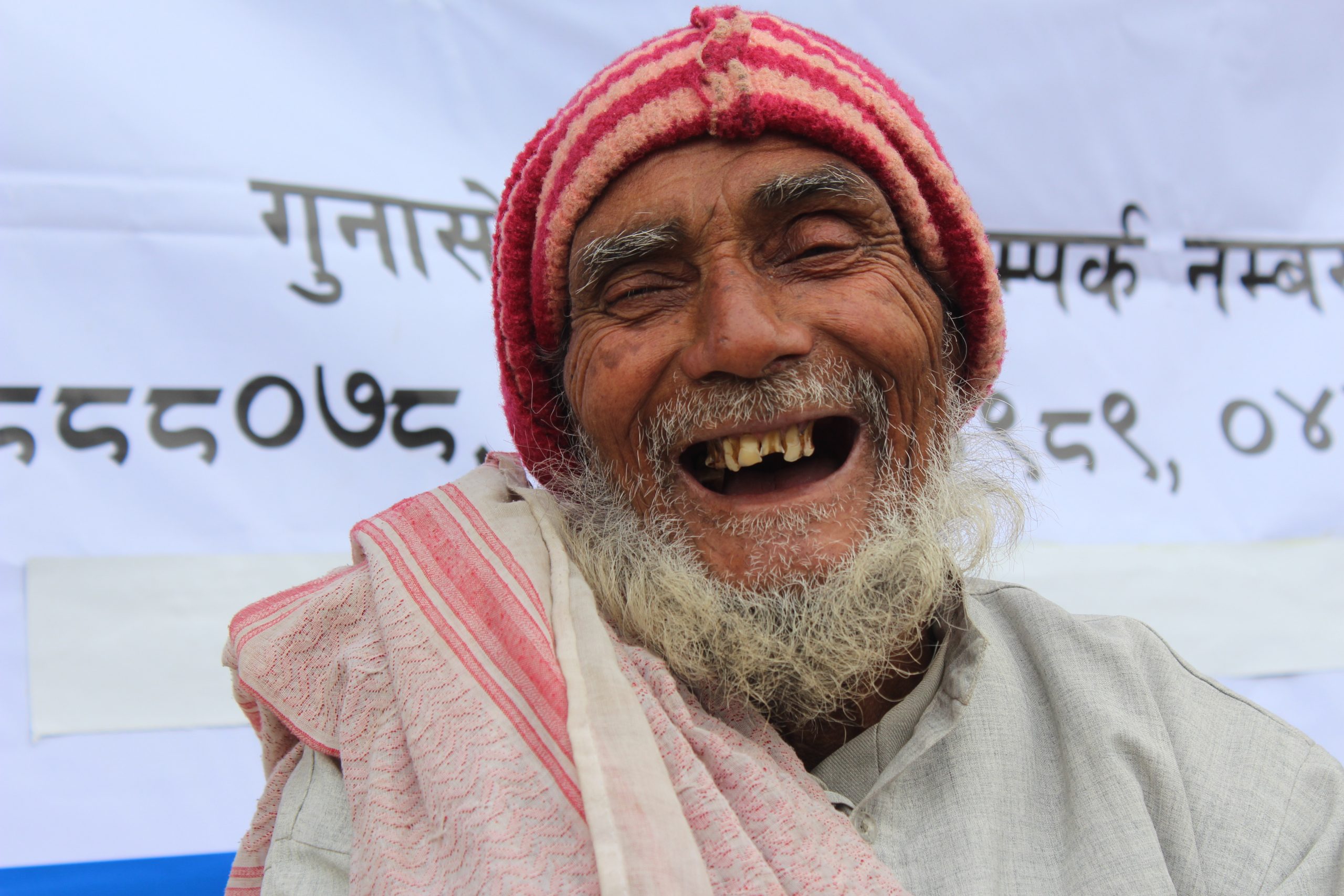Covid-19 could – and should – be a catalyst for building a just and equal world, with faith actors like Islamic Relief having much to contribute says Pragya Adhikari, Islamic Relief Programme Officer in Nepal.

Last week I was a lead speaker at an International Partnership on Religion and Sustainable Development (PaRD) annual event. One in a series, the online interactive session on 4 September focused on Covid-19, religion, sustainable development and gender justice.
The forum aimed to facilitate open and forward-thinking discussions between donor organisations, governmental entities, multilateral agencies, faith based / faith inspired organisations and other civil society organisations.
I talked about how Islamic Relief’s work in Nepal is contributing to the Leave No One Behind Agenda, which aims to ensure that sustainable development, as well as reaching the poorest of the poor, also combats discrimination, exclusion and rising inequalities.
It was my first time addressing an international event. I was nervous but also determined to share everything we at Islamic Relief working at the grassroots have learned from our work in Nepal.
Discrimination is causing people to be left behind

In Nepal, discrimination is a major cause of people being left behind by development – with caste, religion and gender all key factors in preventing vulnerable communities from voicing their concerns and accessing their rights and entitlements.
Discrimination based on caste, lack of educational and livelihood opportunities for girls and women, patriarchy, social and cultural factors, and the geographical remoteness of some communities all lead to people being left behind or even pushed back.
Islamic Relief knows that to make sure development leaves no one behind, vulnerable people must be able to participate meaningfully in public planning and implementation.
We have used this to shape our approach to delivering projects in Nepal. Working in coordination with the local public authorities and policy makers, we’ve supported communities and their organisations to influence local public planning processes. This has improved the inclusion of marginalised communities and their needs.
Barriers faced by marginalised groups must be overcome
We also know that when planning programmes and projects we need intersectional needs assessments, stakeholder analysis, data disaggregated by gender, age and disability, and problem tree analysis. It is also vital to identify the barriers and enablers in ensuring access for vulnerable people.
One important Islamic Relief project serves vulnerable people in Rautahat district, home to some of the country’s most marginalised groups, including Dalit, Janajati and Muslim communities. Social exclusion and discrimination against these groups prevents them from accessing the opportunities they need to escape poverty and suffering.
An Islamic Relief survey found that 80% of children in the district were not attending school, out of which 30% are from the Muslim community. This leaves them vulnerable to exploitation and abuse. Early forced marriage is also commonplace in Rautahat.
There are a complex set of needs and multiple barriers to overcome within these communities. So to deliver our project to tackle human trafficking in Rautahat we worked with stakeholders to identify the needs of those who are left furthest behind, and make sure we meet them.
For instance, by working with faith leaders, local child protection centres, district police and youth and women’s groups we identify children who are at high risk of – or have been rescued from – human trafficking and child labour.
Covid-19 is deepening discrimination and suffering
The Covid-19 outbreak in Nepal has added a new dimension, as poor and marginalised communities are accused of spreading the virus. This stirs up more prejudice and discrimination. In one district in which Islamic Relief works, local people boycotted Muslims, even refusing to buy from Muslim shopkeepers.
Of course, this has had grave effects on their livelihoods. And it is not just adults who are suffering.
A recent survey by agencies working in Nepal suggests that lockdown restrictions have left 32% of children with psychosocial issues, and 38% of girls have a greater workload of domestic chores than before. Incidents of sexual and gender-based violence have also risen here, as elsewhere in the world.
But with the challenges this pandemic presents also come opportunities which the world must not miss. It is possible to use this most difficult of times to build a more just and resilient world – but we can only do that by ensuring inclusion.
A springboard to a more just and resilient world

We can start by making sure local stakeholders have a real role in humanitarian and development projects, right from the start. This will not only reinforce the mutual trust between local, national and international stakeholders but it would also strengthen partnerships. All of this is fundamental to achieve the Sustainable Development Goals (SDGs).
Covid-19 reinforces the need for increased localisation. This is an area that Islamic Relief is already spearheading in Nepal through innovative work to help local partners overcome their challenges and respond more effectively to crises.
Accountability is also critical, and there too, we find lessons from our work in Nepal. Here we have helped local government and community stakeholders work together to develop targets to improve upon 36 areas of gender equality. Measured through community score cards, these targets form a benchmark that local people can use to hold service providers to account.
We also need to have disaggregated data about left-behind groups, with robust monitoring and evaluation systems to ensure their meaningful participation, while measuring progress against key indicators.
Finally, we must remember that the commitment to leave no one behind should underpin all aspects of our work. Targeting policies should be inclusive. Financing policies should prioritise marginalised groups. And most importantly, all programmes should have safe and accessible complaints mechanisms, accessible information and systems to consider the different needs of those who make up the communities we serve.
If we are to realise our collective commitment to ‘leave no one behind,’ these are some of the challenges local government, stakeholders and donors must overcome as part of a continuous and combined effort to achieve our goal.










